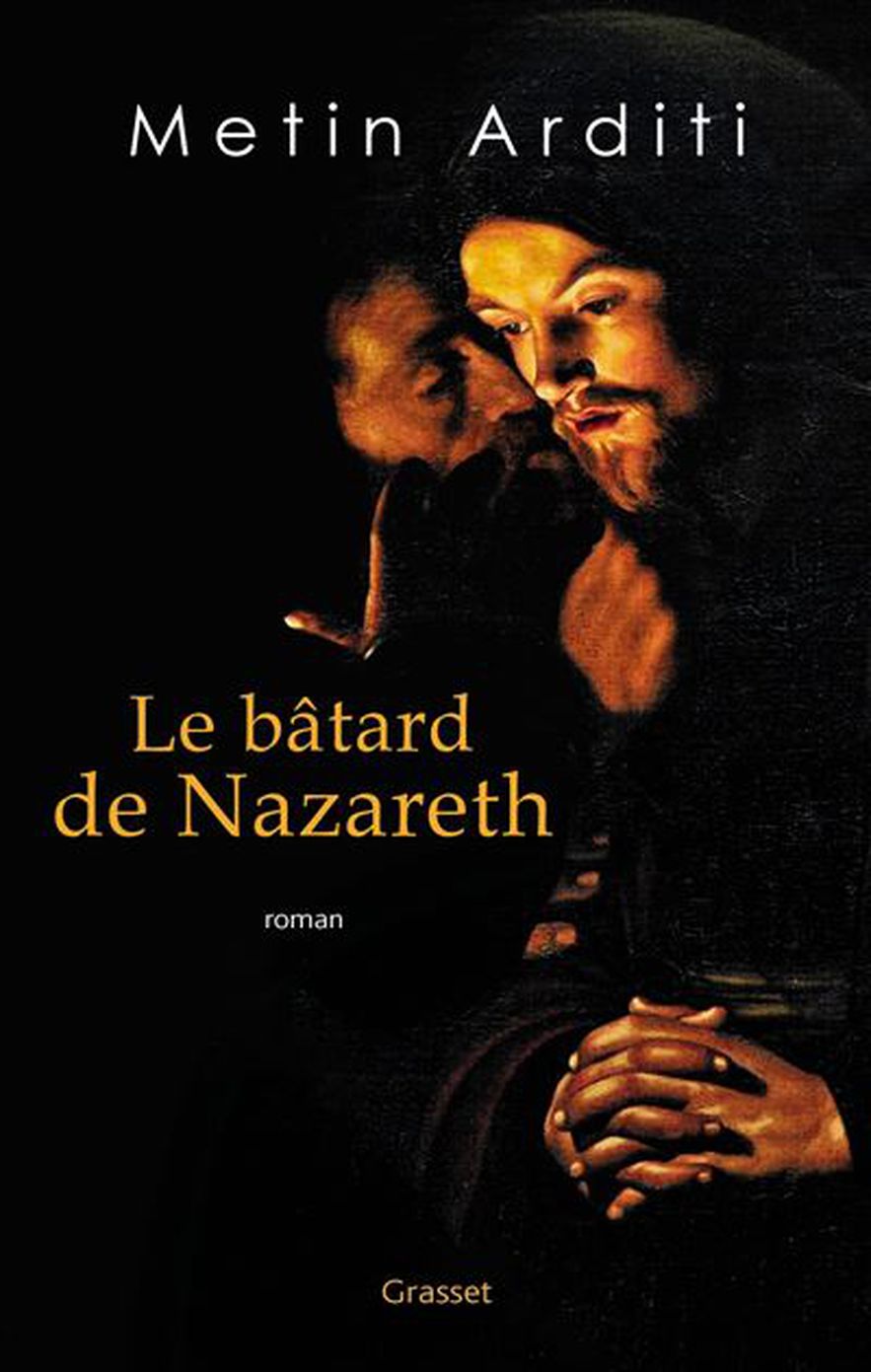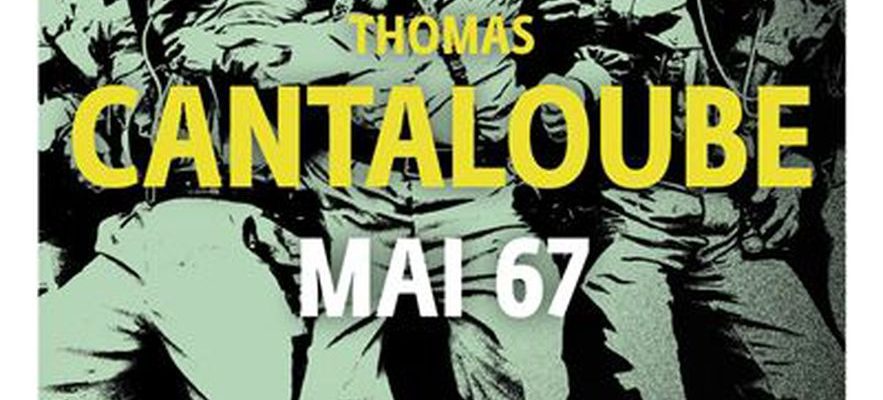May 67
By Thomas Cantaloube.
Gallimard, 368 p., €19.
Express rating: 4/5
May 67 By Thomas Cantaloube.
© / Gallimard
The revolt was brewing in Guadeloupe in the spring of 1967. To the grudges of the past, this gap never bridged between former masters, the békés, and former slaves, was added to a tense economic situation. A demonstration took place on May 26 in Pointe-à-Pitre, in which took part Luc Blanchard, ex-cop who became a freelancer for France West Indies, and his fiancée, Lucille, originally from the island. Suddenly, shots ring out, bodies fall, and once the amazement has dissipated, French justice decides to imprison with all their might, then to judge in France 19 of the supposed participants, including Lucille. The number of victims, their identity, the origin of the shots? Absolute mystery, at least officially.
To close his trilogy on the base works of the Fifth Republic, the former journalist Thomas Cantaloube tackles a forgotten page in the history of the West Indies. We find there the amoral one-armed Sirius Volkstrom, dispatched by a CIA always in search of anti-Castro tricks, and the ex-conveyor of the French Connection, the Corsican Antoine Lucchesi, both crossing the road and the investigation of Blanchard. Very documented, May 67 is a historical thriller that does not pay into the indictment, but raises the carpet under which have been buried the pitiful feats of arms of the Gaullist regime, committed by protagonists as authentic as they are sulphurous, such as Marcelle Lamarre, the half-sister of Jacques Foccart, or the prefect Pierre Delbotte. The language, cheeky just right, adds a real reading pleasure to this edifying unfolding. Bertrand Bouard
The Bastard of Nazareth
By Metin Arditi.
Grasset, 198 pages, €19.
The rating of L’Express: 3/5

The Bastard of Nazareth By Metin Arditi.
© / Grasset
Two thousand years later, we still talk about Jesus… Amélie Nothomb had obtained one of her best recent successes with Thirsty, where she put herself in his skin. Metin Arditi goes even further. Based on the thesis defended by the biblical scholar Daniel Marguerat in Life and Destiny of Jesus of Nazareth, he makes him the son of a Roman soldier. In a village like Nazareth, and when no one believed in the Immaculate Conception (a concept forged later), people could only talk. Jesus was seen and experienced as a bastard. Arditi makes this childhood wound the key psychological spring of the life of this character.
The most milky bigots will swallow their rosary if they open this novel. It should be read not as an uchronia, but as an attempt at elucidation: where did Jesus draw the anger necessary to fulfill his destiny? We remember that he hated the Pharisees, these givers of lessons believing themselves on the side of morality. According to Arditi, who himself suffered from exclusion due to the intransigence of Judaism, Jesus wanted to relax laws that were too rigid – so he appears in The Bastard of Nazareth as a sensitive reformer more than as an azimuth revolutionary. Those who have forgotten their catechism lessons will have the opportunity to revise: Arditi tells us about the sermon on the mount, the multiplication of the loaves, the forty days in the desert… For the record, let us specify that the facetious author wrote his book in just thirty days. A performance that is miraculous! Louis-Henri de La Rochefoucauld
Nothing should ever happen to me again
by Mathieu Persian.
The iconoclast, 255 p., €20.
The note from L’Express: 4/5.

Nothing should ever happen to me again by Mathieu Persan.
© / The iconoclast
From Mathieu Persan, we already knew the singular illustrations adorning the covers of novels by Adeline Dieudonné, Guillaume Musso and Franck Bouysse or the jacket of an album by Benjamin Biolay. With Nothing should ever happen to me againthe illustrator – whose notoriety exploded during the March 2020 lockdown thanks to the viral success of the poster Stay home – goes from drawing to words. From the first pages, we find the simplicity, elegance and poetry that irrigate his creations. Without backlash, the author recounts the death of his mother, “eaten” by a disease whose cells had grown in the same place as those of her darling children to whom she had knowingly decided to devote her life.
The story of an immeasurable loss, this book is also the portrait of a delicious family that we would have liked to rub shoulders with. And even more that of a woman, whom her son tries to bring out behind the mother. From the roller coaster of cancer to the choice of the coffin, passing by this desire to shake the world because he taunts grief by continuing to spin as if nothing had happened, or by this first meal without her, facing his Tupperware of roast potatoes, in the family kitchen, formerly Noah’s Ark of friends in shambles, Mathieu Persan undresses death and mourning with disarming sincerity and accuracy. His limpid writing, sometimes almost childish, avoids the pitfall of pathos and gently clears a path to pick up the reader wherever he is. We are splashed by the light and the tenderness that spring from this text. Pauline Leduc
